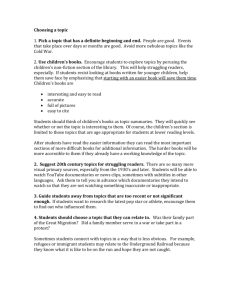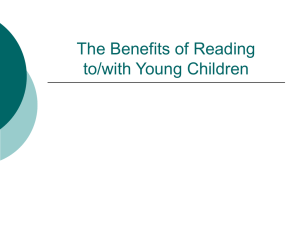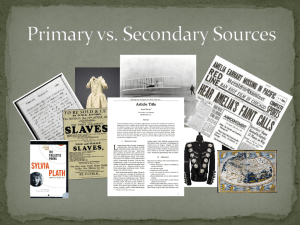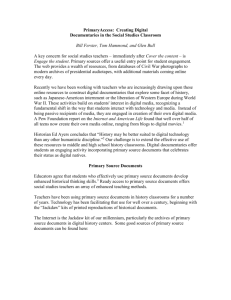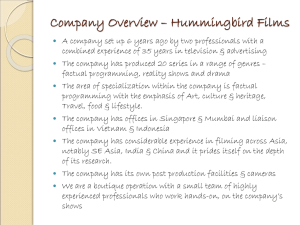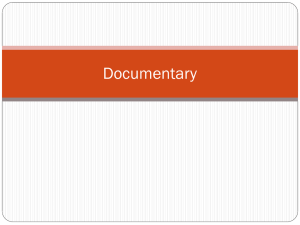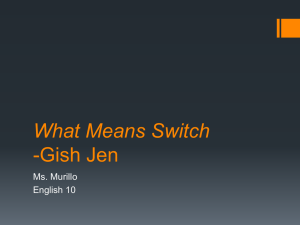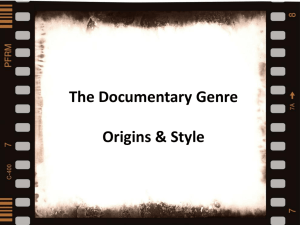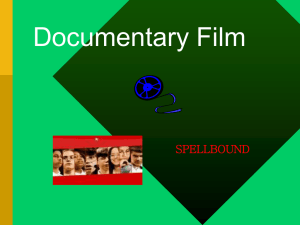ENG401_ expository essay slides
advertisement
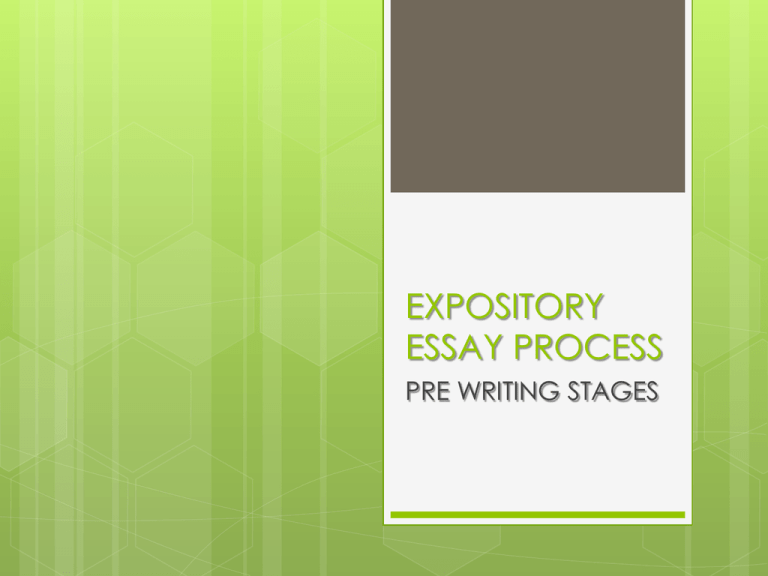
EXPOSITORY ESSAY PROCESS PRE WRITING STAGES PRE-WRITING STAGES The essay process Choosing a topic and narrowing it down. Generating ideas Organizing ideas into a plan / outline Writing the first draft Getting feedback from a peer or the instructor Revising and editing the draft Writing the final draft Stage 1: norrowing down a topic Example “eating habits” “changes in eating habits” “the trend of eating healthy food” “organic food” “organic food industry” “two problems of organic food industry in Turkey” Stage 2: Generating Ideas Brainstorming Freewriting Clustering (Mindmapping) Journalist’s Questions What / Where /Who /Why /When /How Stage 3: Outline Writing the Thesis Statement The thesis statement should be expressed in a complete sentence. The idea in the thesis statement should not be too narrow or too broad. The thesis statement should express an opinion, attitude, or an idea; it should not simply announce the topic. The thesis statement should not be factual; it should not express a fact. It should be a statement that someone could disagree with. Therefore, it is a statement that needs to be explained or supported. A thesis statement should express only one idea toward one topic; if it contains two or more ideas, the essay runs the risk of lacking unity and coherence. Stage 3 Sample Outline for an Expository Essay Thesis Statement: There are two main types of beneficial programs on TV for children. Body I: Topic Sentence: One of the most beneficial TV programs for children is documentaries A. (major 1) Documentaries on National Geographic a. (minor 1) teaches appreciation of life b. (minor 2) promotes the importance of conservation of the planet. B. (major 2) Documentaries on History Channel a. (minor 1) teaches history in an appealing way b. (minor 2) introduces civilizations that are not in the curriculum Body II: Topic Sentence: In addition to documentaries, children's programs have a positive influence on children’s development. A. (major 1) prepare preschool kids to school a. (minor 1) teach alphabet, colors, animals b. (minor 2) raise social awareness praising friendship and sharing B. (major 2) encourage creativity a. (minor 1) encourage painting b. (minor 2) promote musical intelligence Stage 3: Outline IMPORTANT REMINDER Keep in mind that an outline should be prepared BEFORE writing the first draft, because it is a skeleton that helps one in the writing process. It is like a detailed plan one makes before writing the essay. Stage 3: Outline Principles of an Effective Outline: Parallelism Body I: A. Topic Sentence: One of the most beneficial TV programs for children is documentaries 1. (major 1) Documentaries on National Geographic a. (minor 1) teaches appreciation of life b. (minor 2) promotes the importance of conservation of the planet. 2. (major 2) Documentaries on History Channel a. (minor 1) teaches history in an appealing way b. (minor 2) introduces civilizations that are not in the curriculum Stage 3: Outline Principles of an Effective Outline: Coordination Body I: A. Topic Sentence: One of the most beneficial TV programs for children is documentaries 1. (major 1) Documentaries on National Geographic a. (minor 1) teaches appreciation of life b. (minor 2) promotes the importance of conservation of the planet. 2. (major 2) Documentaries on History Channel a. (minor 1) teaches history in an appealing way b. (minor 2) introduces civilizations that are not in the curriculum Stage 3: Outline Principles of an Effective Outline: Subordination A. Topic Sentence: One of the most beneficial TV programs for children is documentaries 1. (major 1) Documentaries on National Geographic a. (minor 1) teaches appreciation of life b. (minor 2) promotes the importance of conservation of the planet. 2. (major 2) Documentaries on History Channel a. (minor 1) teaches history in an appealing way b. (minor 2) introduces civilizations that are not in the curriculum B. Topic Sentence: Children’s programs have a positive influence on children’s development. Stage 3: Outline Principles of an Effective Outline: Division A. Topic Sentence: One of the most beneficial TV programs for children is documentaries 1. (major 1) Documentaries on National Geographic a. (minor 1) teaches appreciation of life b. (minor 2) promotes the importance of conservation of the planet. 2. (major 2) Documentaries on History Channel a. (minor 1) teaches history in an appealing way b. (minor 2) introduces civilizations that are not in the curriculum B. Topic Sentence: Children’s programs have a positive influence on children’s development.
